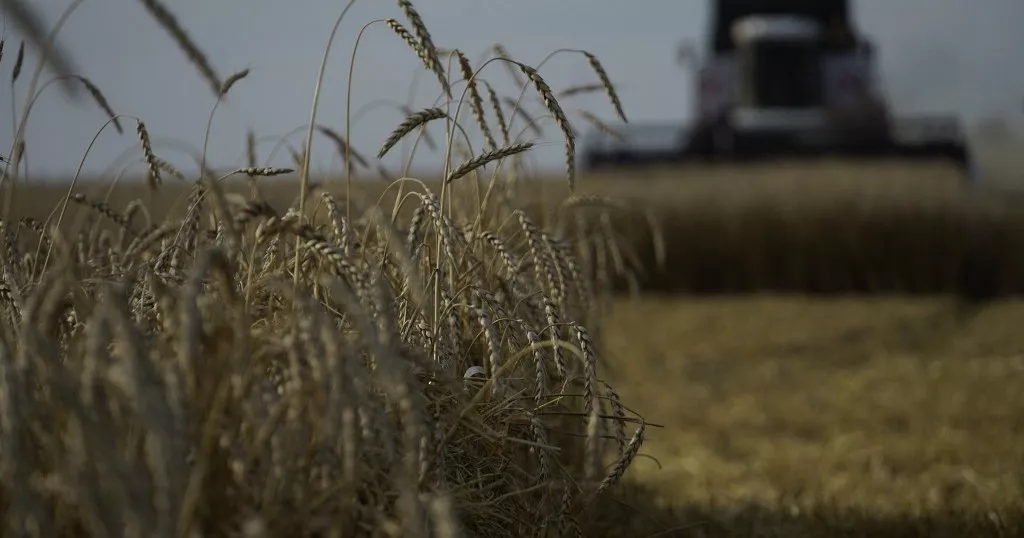Climate and violence hobble Nigeria’s push to rely on its own wheat after the hit from Russia’s war

Abubakar Salisu was terrified when he discovered arid sand in the middle of his farmland, rendering a broad strip unfit for crops. Now, extreme heat is killing his wheat before it is ready for cultivation.
Wheat normally requires heat, but in the last three years, farmers in Nigeria´s far north, part of Africa’s Sahel region that largely produces the country’s homegrown food, have seen an “alarming” increase in heat – much more than required, said Salisu, a local leader of wheat farmers in Kaita, Katsina State. Plus, rain is irregular.
“The unpredictable rain pattern is affecting us because wheat is planted immediately after the rainy season, but sometimes we will plant it thinking the rain has stopped, only to have it start again, thereby spoiling the seeds,” said Salisu, 48.
The vicious heat and rain cycle, worsened by climate change, has contributed to his wheat yield dropping in half.
He is not alone – others in northern areas ripped apart by violence suffer even more. Conflict and climate change are driving a food security crisis in Nigeria, exacerbated by supply disruptions tied to Russia’s war in Ukraine. It means people are spending more for food in Africa´s largest economy as it becomes more reliant on imported grain, which is priced in U.S. dollars, and its currency weakens.
Nigeria is trying to become self-sufficient: The government has launched programs to provide loans to farmers and boost domestic grain production. But extreme weather and violence from both gangs and farmers and cattle herders clashing over resources have hindered those efforts. It’s left Nigeria unable to produce enough wheat to bridge a gap in supply of more than 5 million metric tons.
https://www.africanews.com/2023/07/19/climate-and-violence-hobble-nigerias-push-to-rely-on-its-own-wheat-after-the-hit-from-russ/


